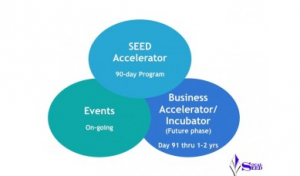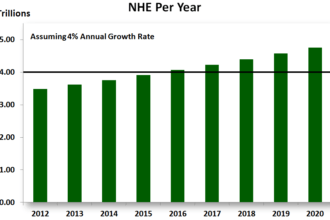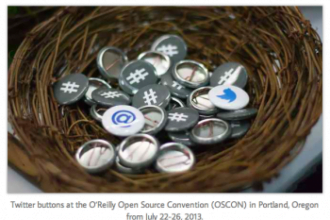Since September 2012 (and during previous stand-alone digihealth pulse studies conducted with online moms and health providers) we’ve been collecting reams of data on how people actually find and consume online and social media health content. After more than a year of work, we’re ready to debunk four common myths about wellness and medical information published on the Web, including social media heavyweights Facebook and Twitter.
Since September 2012 (and during previous stand-alone digihealth pulse studies conducted with online moms and health providers) we’ve been collecting reams of data on how people actually find and consume online and social media health content. After more than a year of work, we’re ready to debunk four common myths about wellness and medical information published on the Web, including social media heavyweights Facebook and Twitter.
Myth 1: Health Content on Facebook or Twitter Is Not Credible: The front page of digihealth pulse has displayed three numbers since we launched in September 2012. These are ‘Credibility Scores’, an index we developed that ranges from one (low credibility) to five (high credibility). This index is made up of information which study participants have provided on the credibility of thousands of individual pieces of health content they have consumed over the past three months. Ultimately, when a study participant encounters a piece of online health content, they rate its credibility level from one to five and we index the data creating the scores you see below.

If Facebook and Twitter Are So Unreliable, Why Are Digital Health Consumers Rating them As Credible or Highly Credible?
What’s interesting is that throughout the study average Facebook/Twitter Credibility Scores have hovered between 3.1 and 3.5. If people believed the health content they were encountering on these sites was completely unreliable, we would expect to see average scores between 2 and 2.8. In addition, earlier this year, we found that physicians rated the credibility of health and medical content they encountered on Facebook and Twitter with similar Credibility Scores. It’s clear that we can’t assume people believe health content is completely unreliable just because it appears on Facebook and Twitter.
Myth 2: Sentiment is An Accurate Measurement of Content Impact: With digihealth pulse we’re also looking at whether sentiment can tell us anything about the impact of content on health behavior. This is an important question as sentiment has become an important proxy for content impact — i.e., it is assumed that positive content has a favorable effect, negative content has a unfavorable effect. We’ve learned one important thing about sentiment after more than a year of study: Sentiment tells us very little about whether people will take action. Just because a particular piece of content is perceived as negative or positive does not mean that it will definitely shift health behavior one way or the other.
Myth 3: In Health, People Like Me Have More Influence than Traditional Information Sources: With the rise of social and peer-developed content, it’s become popular to assume that e-patients or other laypeople developing content online have more influence than traditional information or authority figures. We’ve found this is simply untrue. Not only are old-school online players like the mainstream media major outlets more likely to publish health content that captures attention, but they also have a greater influence on perceptions and intent.
Myth 4: Social and Search Are the Primary Ways People Encounter Health Content: As I recently discussed, although a good amount of health content is consumed via proacting (search) and socializing (social media), these are not the primary ways people encounter much health/medical information. Rather, a great deal of content is being consumed serendipitously on a range of Web properites, including news sites and health sites such as WebMD.







